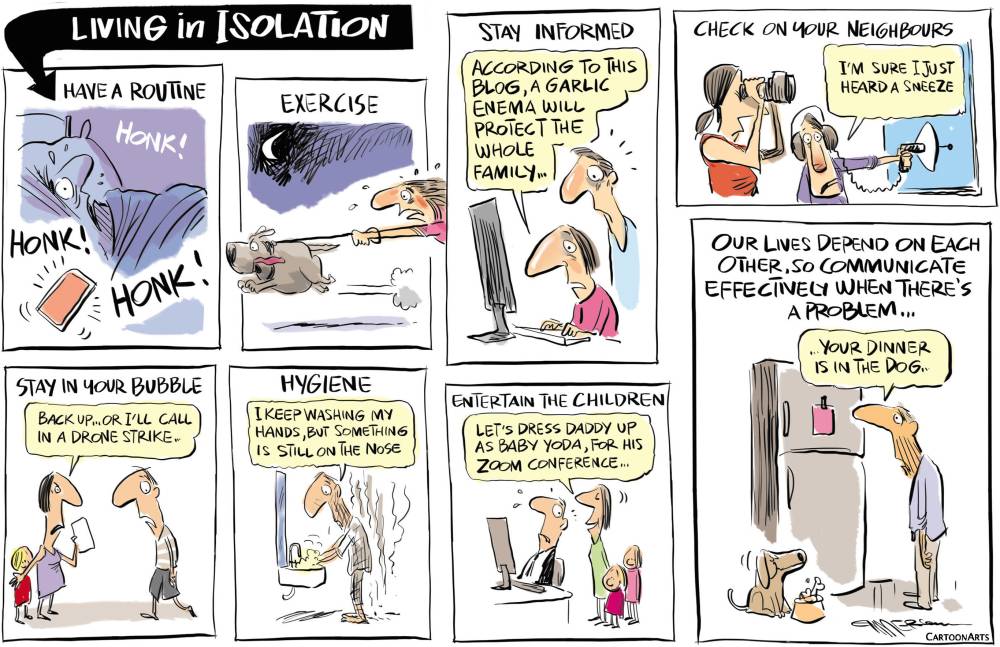As governments introduce social distancing rules of varying strictness to combat the COVID-19 pandemic, the question of how long these measures should remain in place will likely spark vigorous debate. Many economists and psychologists will warn that a lengthy period of de facto home detention will damage people’s financial and mental health, while epidemiologists will argue that maintaining lockdowns will help to flatten the contagion curve more quickly. Policymakers designing such measures would be wise to take both views into account.
Luckily, there is substantial research regarding citizens’ compliance with government regulations. For starters, people need to know and understand the rules in order to obey them. And if citizens think that a rule could potentially cause them material or non-material harm, they will be less willing to comply with it, which is why governments sometimes use economic incentives or penalties to promote compliance.
But a carrot-and-stick approach will not work unless the target group is actually able to comply. And the unprecedented lockdowns in response to this pandemic — with measures ranging from voluntary self-isolation to possible fines or jail terms for those breaking the rules — are a major test of the extent to which entire populations can adhere to strict government measures.















With your current subscription plan you can comment on stories. However, before writing your first comment, please create a display name in the Profile section of your subscriber account page.